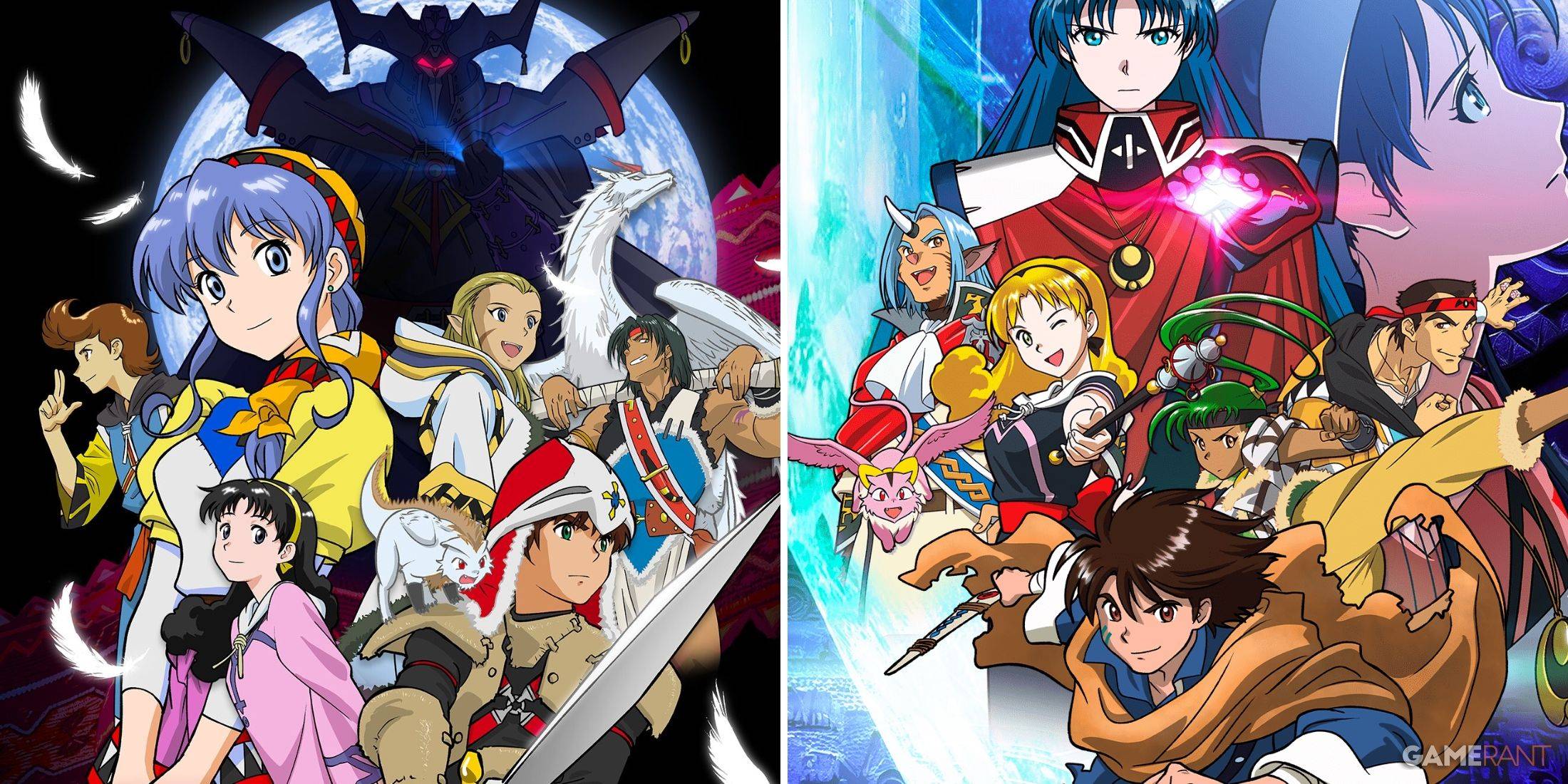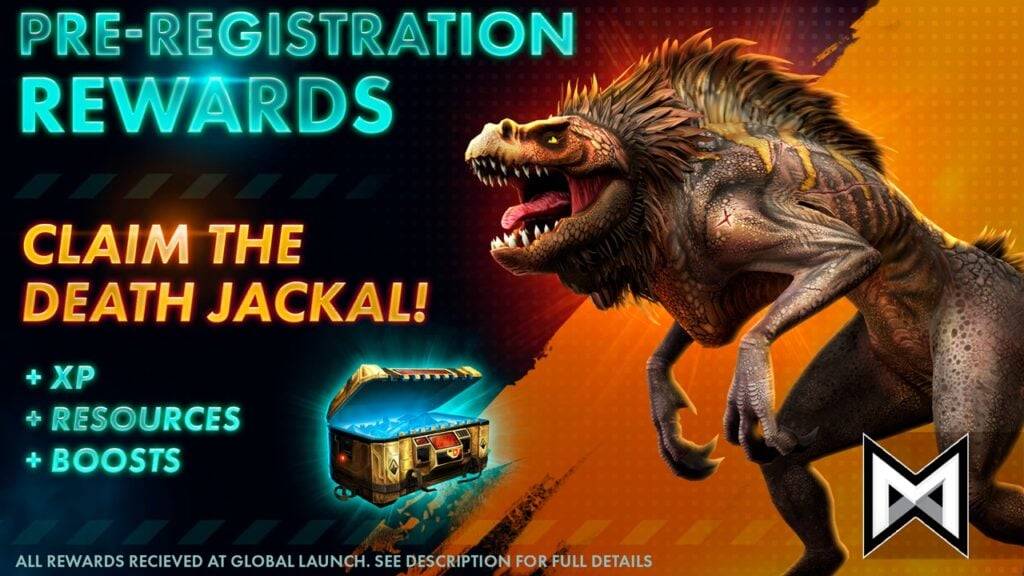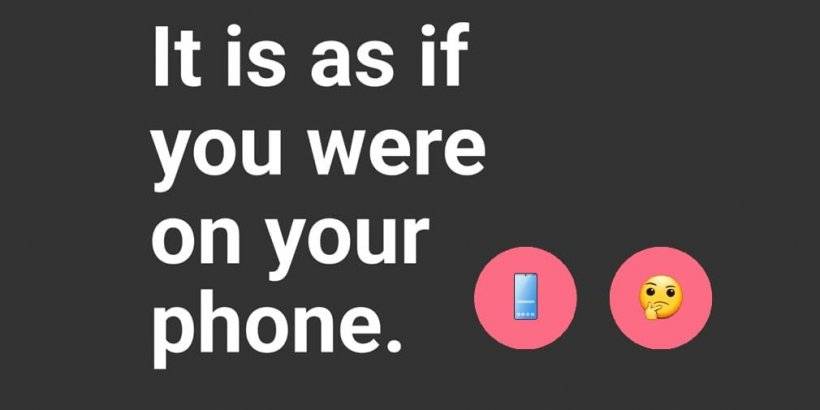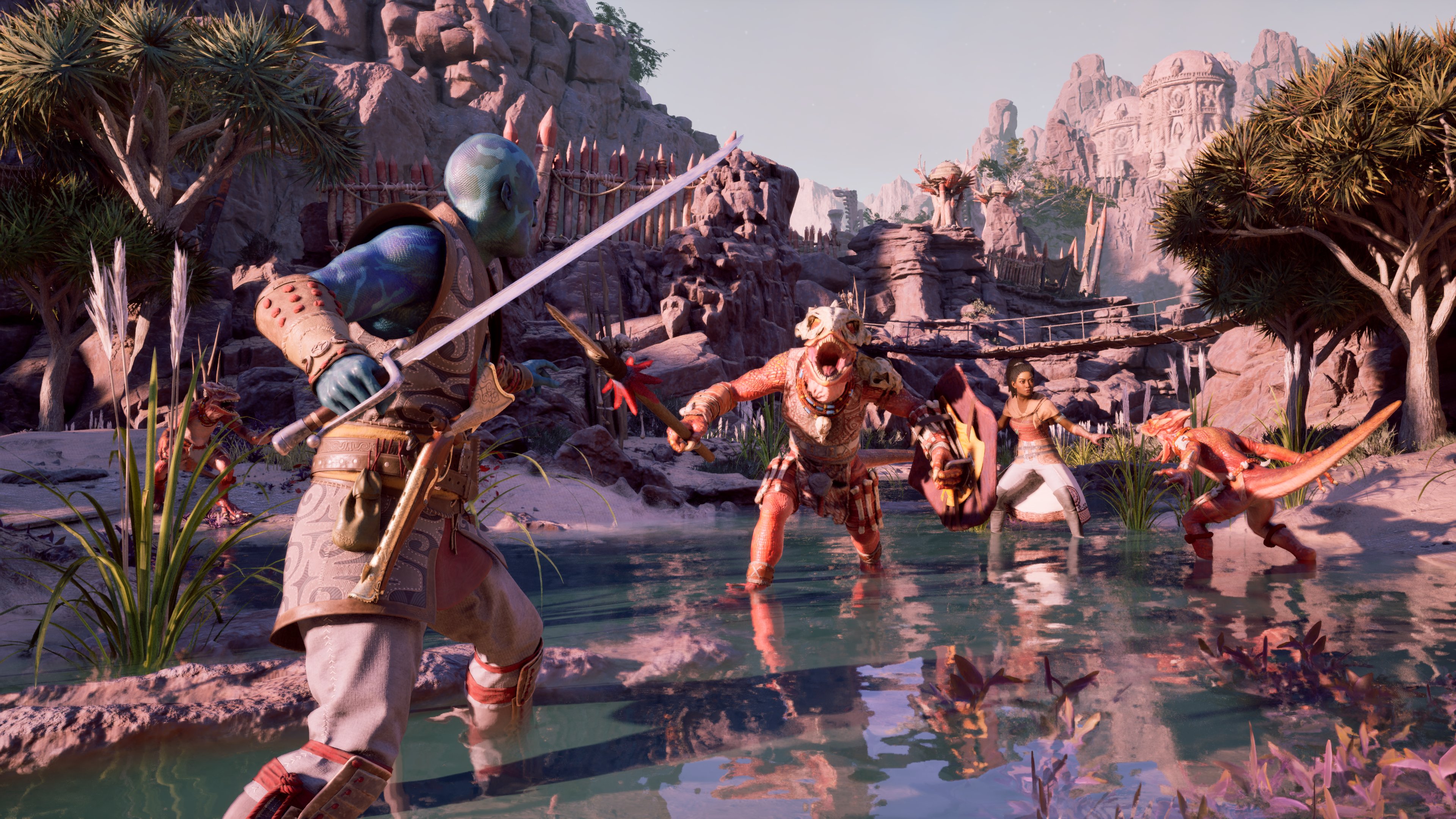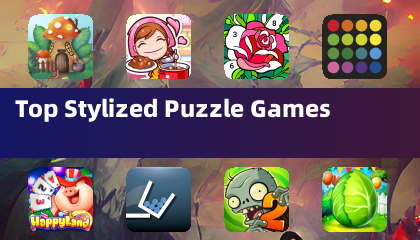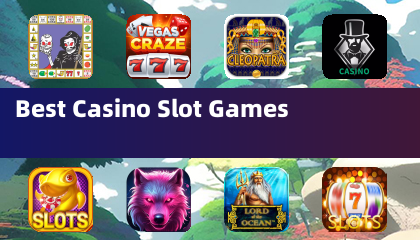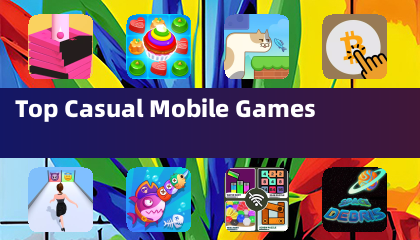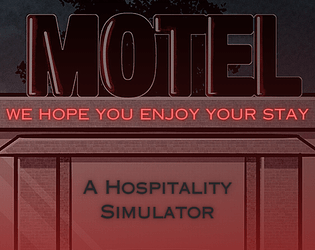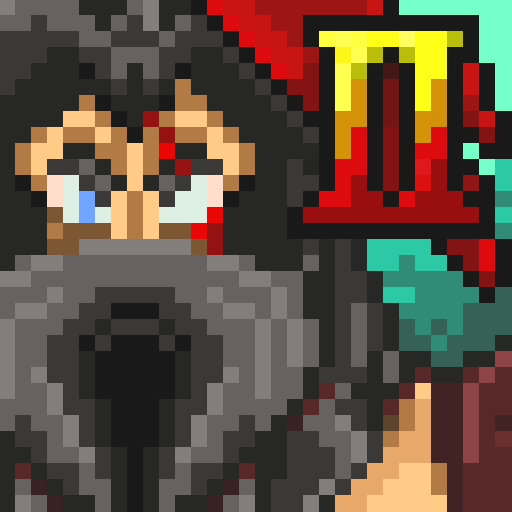If there's one headline that dominated the weekend news cycle, it was undoubtedly the temporary ban of TikTok in the United States. This move, spurred by a congressional act labeling it as a "foreign adversary controlled application," finally came to fruition on Sunday. However, the ban was short-lived as president-elect Donald Trump swiftly promised to reinstate the service, and ByteDance quickly brought TikTok back online. Yet, not all ByteDance applications enjoyed such a swift return to normalcy.
Among those affected was Marvel Snap, the popular comic-themed card battler. Alongside other ByteDance subsidiary releases like Moonton's Mobile Legends: Bang Bang, Marvel Snap was abruptly taken offline with a message indicating it had been banned. ByteDance's message was clear: accept all their offerings or get none at all.
The situation took an unexpected turn for developer Second Dinner, who were seemingly caught off guard by the ban. They have been actively managing the fallout on social media, promising to restore Marvel Snap to service as soon as possible. This incident, however, raises serious concerns about the stability of partnerships with ByteDance.
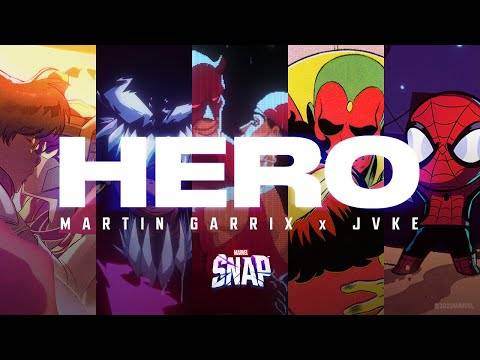 Catch!It's evident that ByteDance's strategic move to take TikTok offline, while spotlighting Trump as the potential savior, was a calculated ploy to stir public discourse. The strategy paid off, enabling ByteDance to dramatically re-enter the U.S. market. However, this political maneuver also impacted other ByteDance ventures, leaving some developers in a lurch. Second Dinner, for instance, has had to offer significant in-game rewards to compensate players for the downtime.
Catch!It's evident that ByteDance's strategic move to take TikTok offline, while spotlighting Trump as the potential savior, was a calculated ploy to stir public discourse. The strategy paid off, enabling ByteDance to dramatically re-enter the U.S. market. However, this political maneuver also impacted other ByteDance ventures, leaving some developers in a lurch. Second Dinner, for instance, has had to offer significant in-game rewards to compensate players for the downtime.
While this might not prompt Second Dinner to sever ties with ByteDance, it's likely to have shaken their confidence. The incident underscores ByteDance's prioritization of its social media platforms over its gaming endeavors.
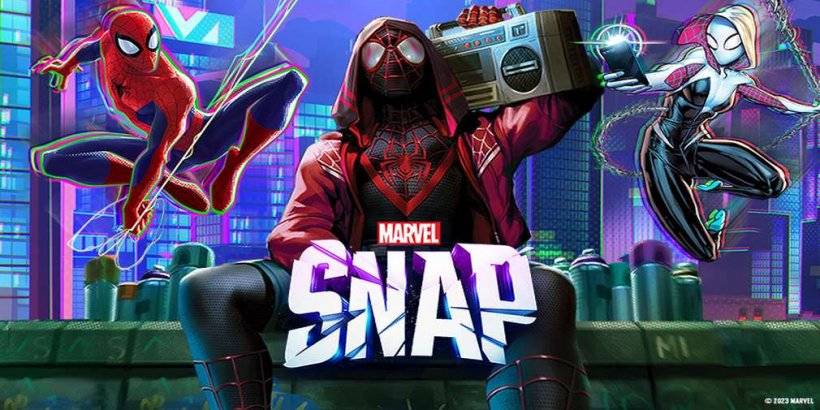 Game overThis isn't the first time ByteDance has shown a preference for its social media operations over gaming. In 2023, the company laid off hundreds of employees from its gaming division, canceling numerous projects before they could launch. Marvel Snap's success had suggested a shift towards partnerships rather than in-house development, but this recent event could deter other developers and publishers from aligning with ByteDance, fearing similar political entanglements.
Game overThis isn't the first time ByteDance has shown a preference for its social media operations over gaming. In 2023, the company laid off hundreds of employees from its gaming division, canceling numerous projects before they could launch. Marvel Snap's success had suggested a shift towards partnerships rather than in-house development, but this recent event could deter other developers and publishers from aligning with ByteDance, fearing similar political entanglements.
Disney, too, might be feeling the repercussions, especially after the recent success of NetEase's Marvel Rivals, which boosted mobile gaming with a crossover collaboration. ByteDance's actions may have outmaneuvered politicians, but they've likely alienated players, developers, and IP holders alike.
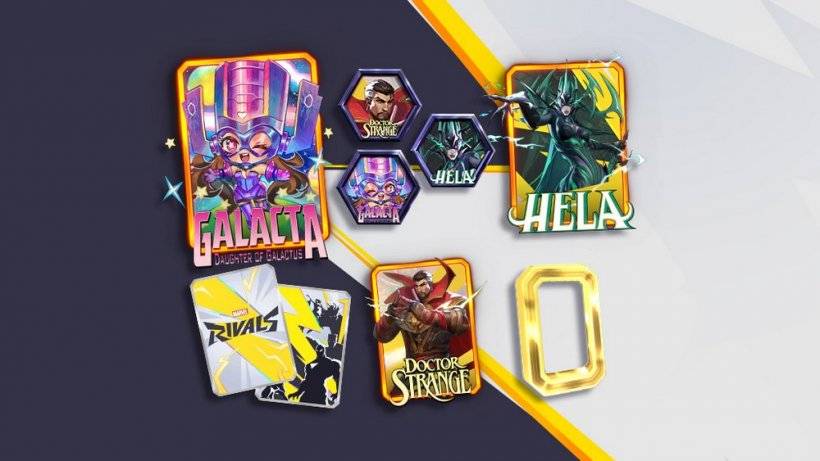 They think it's all over…Rumors suggest that ByteDance's predicament could be just the beginning, with other Chinese gaming giants like Tencent and NetEase potentially facing similar scrutiny. The FTC has already targeted MiHoYo over loot boxes, and this high-profile clash with ByteDance might embolden further regulatory action against the gaming industry.
They think it's all over…Rumors suggest that ByteDance's predicament could be just the beginning, with other Chinese gaming giants like Tencent and NetEase potentially facing similar scrutiny. The FTC has already targeted MiHoYo over loot boxes, and this high-profile clash with ByteDance might embolden further regulatory action against the gaming industry.
The impact on Marvel Snap highlighted an unexpected side effect: older users, indifferent to TikTok, were suddenly mobilized when their favorite game was affected. ByteDance's gamble, though successful, sets a dangerous precedent. What happens when people's favorite games become pawns in geopolitical games? The adage about bread and circuses might soon prove to be a cautionary tale for all stakeholders in the gaming ecosystem.

 Catch!It's evident that ByteDance's strategic move to take TikTok offline, while spotlighting Trump as the potential savior, was a calculated ploy to stir public discourse. The strategy paid off, enabling ByteDance to dramatically re-enter the U.S. market. However, this political maneuver also impacted other ByteDance ventures, leaving some developers in a lurch. Second Dinner, for instance, has had to offer significant in-game rewards to compensate players for the downtime.
Catch!It's evident that ByteDance's strategic move to take TikTok offline, while spotlighting Trump as the potential savior, was a calculated ploy to stir public discourse. The strategy paid off, enabling ByteDance to dramatically re-enter the U.S. market. However, this political maneuver also impacted other ByteDance ventures, leaving some developers in a lurch. Second Dinner, for instance, has had to offer significant in-game rewards to compensate players for the downtime. Game overThis isn't the first time ByteDance has shown a preference for its social media operations over gaming. In 2023, the company laid off hundreds of employees from its gaming division, canceling numerous projects before they could launch. Marvel Snap's success had suggested a shift towards partnerships rather than in-house development, but this recent event could deter other developers and publishers from aligning with ByteDance, fearing similar political entanglements.
Game overThis isn't the first time ByteDance has shown a preference for its social media operations over gaming. In 2023, the company laid off hundreds of employees from its gaming division, canceling numerous projects before they could launch. Marvel Snap's success had suggested a shift towards partnerships rather than in-house development, but this recent event could deter other developers and publishers from aligning with ByteDance, fearing similar political entanglements. They think it's all over…Rumors suggest that ByteDance's predicament could be just the beginning, with other Chinese gaming giants like Tencent and NetEase potentially facing similar scrutiny. The FTC has already targeted MiHoYo over loot boxes, and this high-profile clash with ByteDance might embolden further regulatory action against the gaming industry.
They think it's all over…Rumors suggest that ByteDance's predicament could be just the beginning, with other Chinese gaming giants like Tencent and NetEase potentially facing similar scrutiny. The FTC has already targeted MiHoYo over loot boxes, and this high-profile clash with ByteDance might embolden further regulatory action against the gaming industry. LATEST ARTICLES
LATEST ARTICLES 